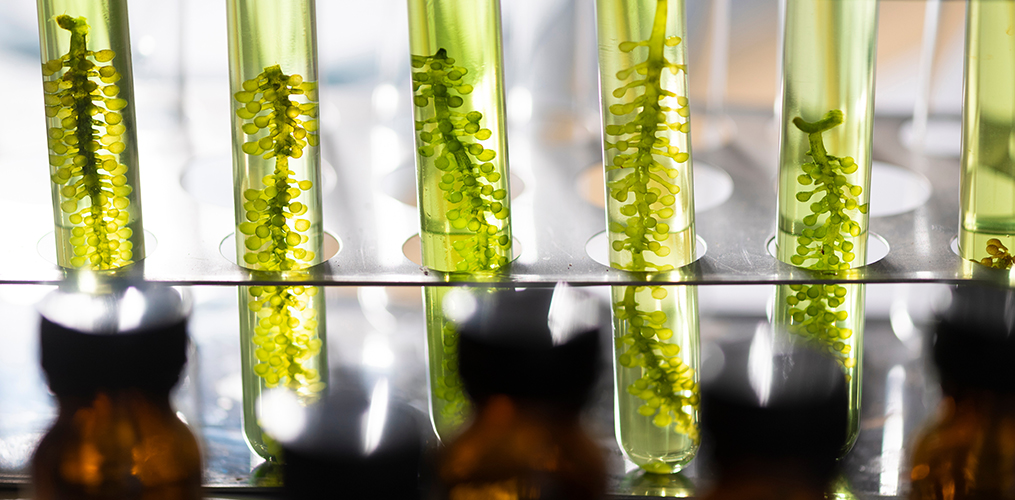
In May this year, LifeWatch Italy was invited to join the COST Action CA20125 – Applications For Zoosporic Parasites In Aquatic Systems – ParAqua.
The main aims of this project are to organise and coordinate an innovative and dynamic network of academia researchers, industries, and water management authorities to advance and apply knowledge and expertise on zoosporic parasites (i.e. aquatic fungi and fungi-like microorganisms) and the relation with their hosts in natural ecosystems and industrial algal biotech production.
Among the ParAqua objectives, specific task of WG1 and WG2 is to compile and integrate a database on zoosporic parasites across Europe and inventorise parasite effects on algal hosts in algal biotech and natural systems.
Ilaria Rosati and Andrea Tarallo, from the National Research Council of Italy (CNR) and in charge of several management aspects within LifeWatch Italy, joined the Action as members of WG 1 and 2. They led the workshop to kick off the activity, held in Larnaca (CY) on 5 July 2022, and will coordinate the actions to collect and manage the data provide by the project participants that will be hosted on the ParAqua database.
The final goal is to build the database and use it in order to provide a tool to help researchers and companies to take early data-informed decisions for algae cultures and parasite recognition.
This news item was originally posted on the LifeWatch Italy website.